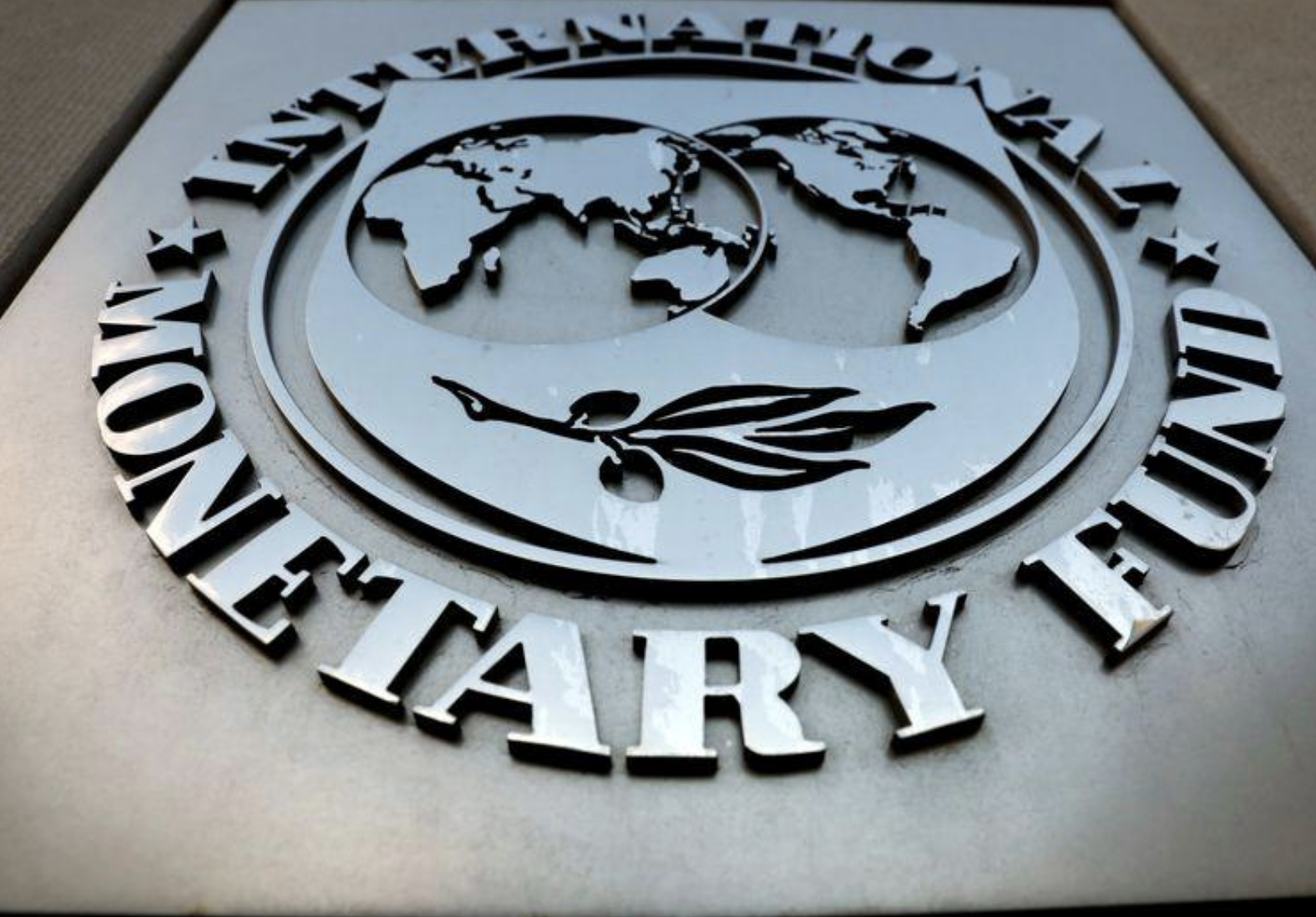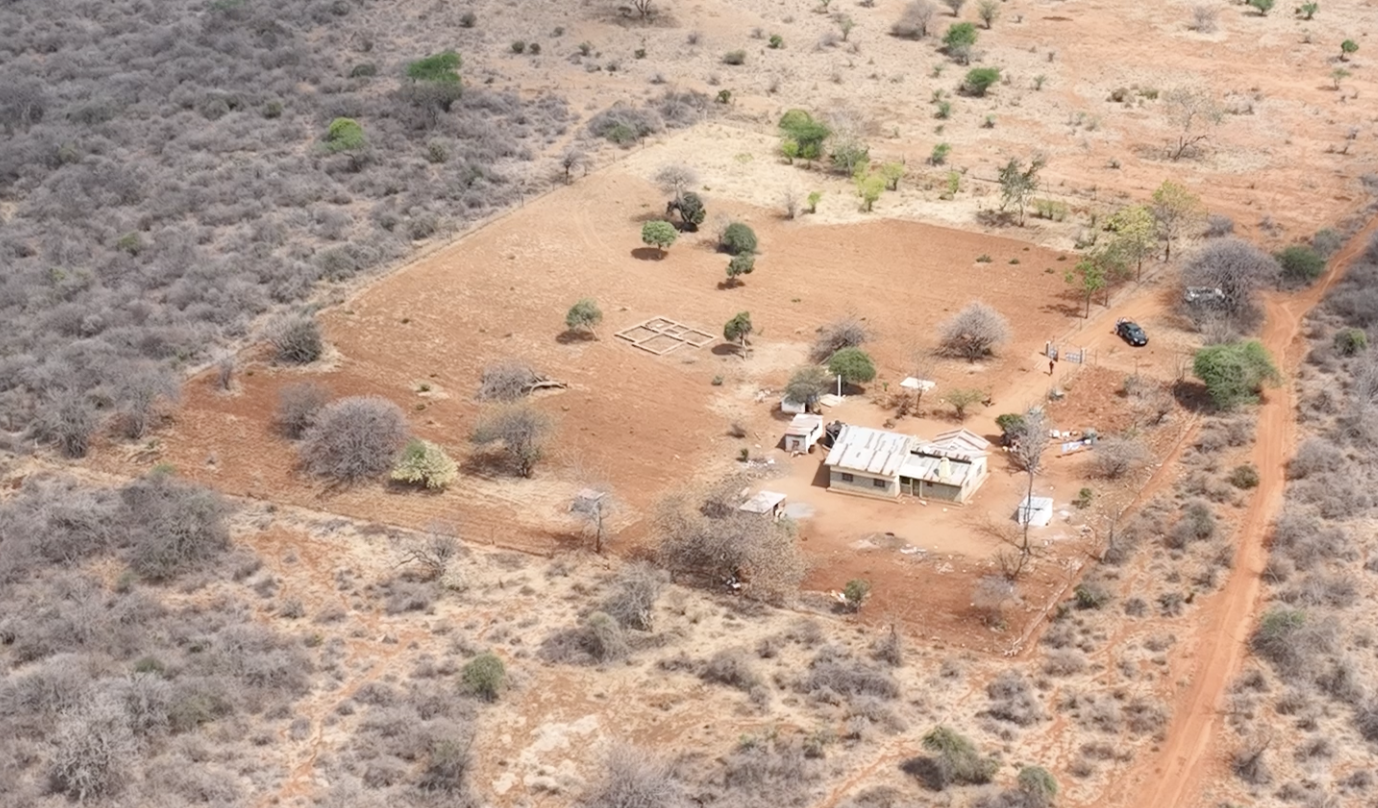
South Africa’s economy to contract 7.2%, even after loan injection -IMF

South Africa’s economy is likely to contract by 7.2% this year due to the impact of the new coronavirus, and growing debt repayments will hamper its recovery, the International Monetary Fund (IMF) said on Tuesday.
The Washington-based lender approved $4.3 billion in emergency financing for Africa’s most advanced economy late on Monday.
The IMF loan is part of $7 billion in planned borrowing from international financial institutions. The BRICS Bank has approved a $1 billion loan, and the African Development Bank says it will lend the government 5 billion rand ($304.55 million). Talks with the World Bank are ongoing.
In a country report complied by its executive team published on Tuesday, the IMF said the recession would limit the government’s ability to reduce debt and a bulging fiscal deficit.
“Despite the sizable relief package, the pandemic will drive the economy into a deep recession in 2020, with adverse implications for the fiscal deficit and debt,” the IMF said.
President Cyril Ramaphosa announced a 500 billion rand stimulus package in April after imposing a strict lockdown in late March to curb infections, which passed 450,000 this week, the most on the continent.
The IMF sees the consolidated budget deficit hitting 16% of gross domestic product (GDP), with public debt at 78.1% of GDP in 2020 and 82.4% in 2021.
It said forecasts were “subject to prominent downside risks”, citing increased bond issuance, social instability and bailouts to state-owned firms, especially power utility Eskom, as risks.
“Specific and well-defined fiscal consolidation and reform commitments in the October MTBPS (medium term budget) will be a critical first step to establish the credibility of the reform efforts, followed by steadfast implementation,” the IMF said.
In a letter to the IMF signed by the finance minister and the central bank governor, South Africa said it was “open to introducing a debt ceiling in addition to the nominal spending ceiling currently in place” to reduce deficits.






